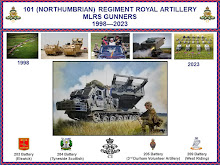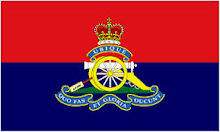 The aim of the assault on Gommecourt was to provide a diversion, draw artillery fire and reinforcements from attacks in the south. In addition, it was envisaged that this would also remove a bulge in the German line that projected into the British lines. The attack would take place with no contact with the Fourth Army flanks, a distance of 2 miles (2.3km) existed between the Third and Fourth Army units.
The aim of the assault on Gommecourt was to provide a diversion, draw artillery fire and reinforcements from attacks in the south. In addition, it was envisaged that this would also remove a bulge in the German line that projected into the British lines. The attack would take place with no contact with the Fourth Army flanks, a distance of 2 miles (2.3km) existed between the Third and Fourth Army units.The assault was to be executed by two Territorial Divisions, 46th (North Midland) to the north and the 56th (London) to the south. The concept of operations was to deliver the attacks into the flanks, then converge on the village of Gommecourt.
The failure of the preparatory bombardment to destroy German guns contributed to the heavy losses and the failure of the attack on Gommecourt.
Gommecourt 1st July 1916
One of the units involved in the preparatory bombardment was 94th Siege Battery Royal Garrison Artillery. This unit consisted of men drawn from the Tynemouth and Durham RGA Equipped with 9.2 inch howitzers, their chief target was a system of trenches from Gommecourt Wood to Rossignol Wood.
94th Siege Battery OP Position Gommecourt





























